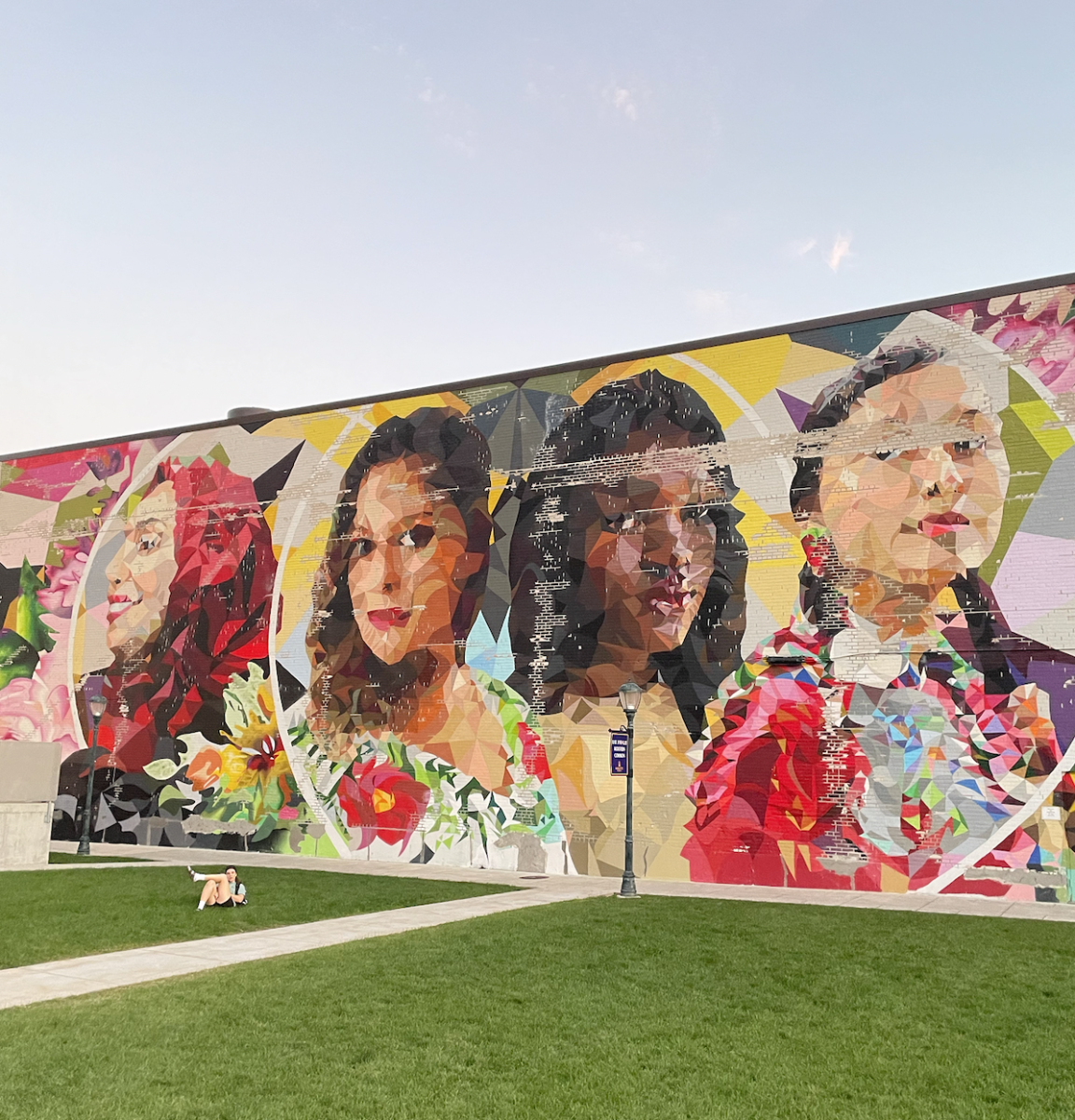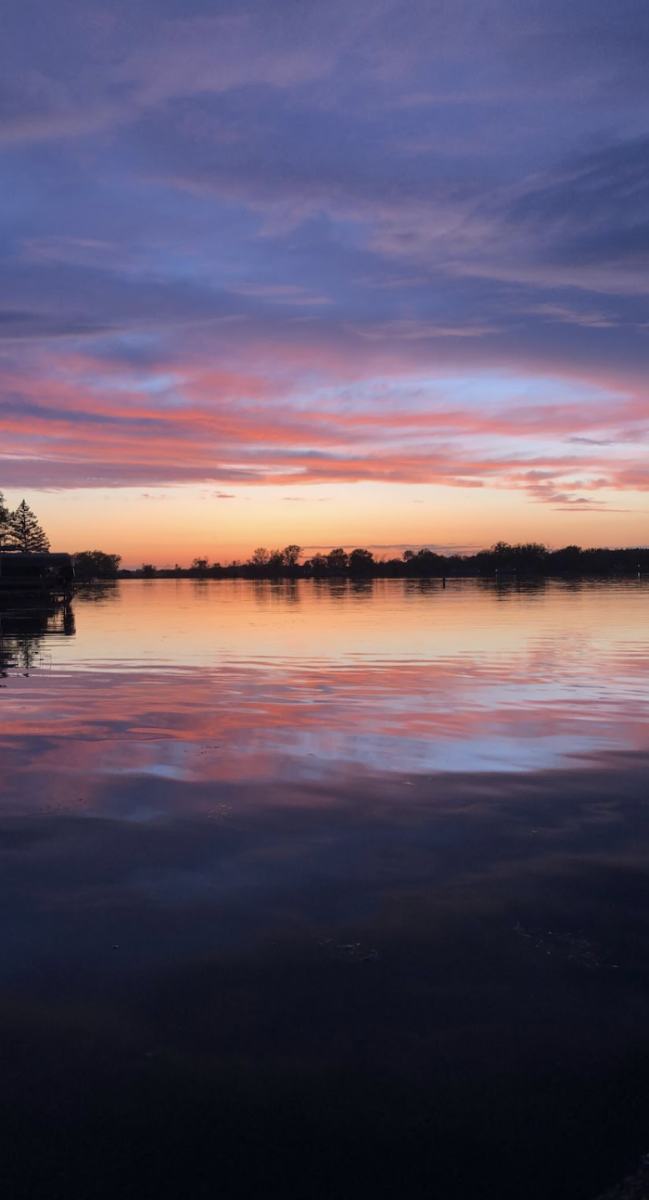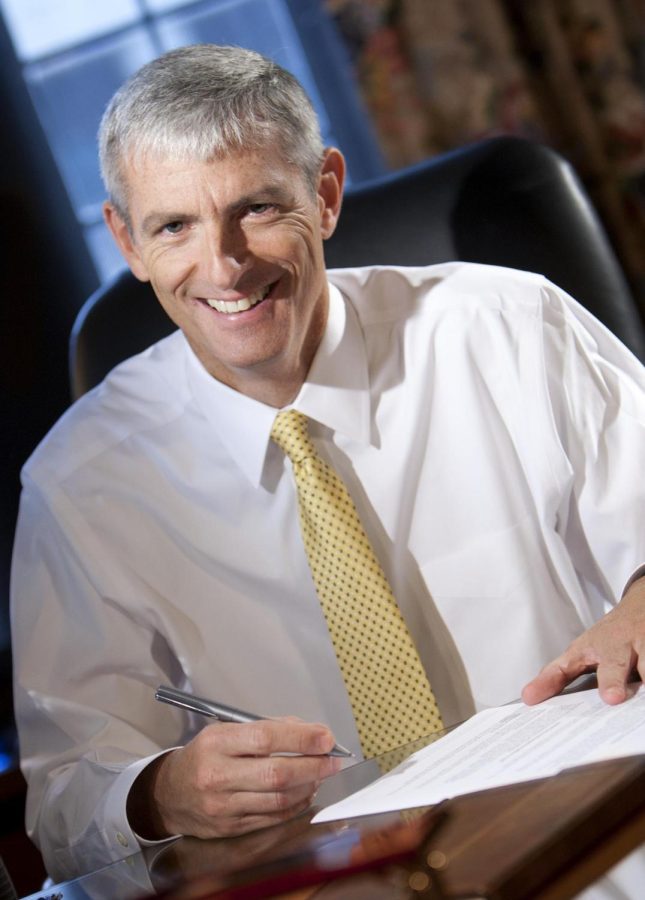Recent reports by the American Historical Association and the American Academy of Religion have found increases in undergraduate history of religion and religious studies majors over the past decade. However, those numbers don’t necessarily affect the theological culture at Marquette.
During the past decade, Marquette’s undergraduate department of theology has “held about steady” in enrollment, according to Mickey Mattox, director of undergraduate studies in the department.
However, with its graduate program, theology has grown to be the largest department on campus, with more than 30 full-time faculty members currently on staff, Mattox said.
According to the AAR Census of Religion and Theology Programs, the number of religious studies majors increased nationally by 22 percent in the past decade, with similar percentage increases in the number of courses offered, course enrollments and faculty positions.
Likewise, an online report released by the AHA in 2009 claimed 7.7 percent of its 15,055 members declared “history of religion” as a specialization, the most concentrated group among AHA members.
Mattox was skeptical about significant increases nationally in religious studies majors and suspected the increase is somewhat overstated.
He also said since theology answers questions humanity will always ask, he wouldn’t be surprised by increasing statistics.
“I do think that in our materialistic culture … people end up asking, ‘What’s all this for? What kind of meaning does this have?’” Mattox said. “I think those are questions every generation faces.”
Students have different perspectives about why there may be an increase in theology or religious studies undergraduate majors nationally.
The increase in religious studies majors is “probably due to a general calling to want to serve and study faith,” said Gina Galassi, a senior in the College of Arts & Sciences and a double major in Catholic theology and history.
“Theology asks people to question things, and develop faith,” Galassi said. “People are yearning to learn more about faith … (and) want more in their lives.”
Nathan Bounyong, a junior in the College of Arts & Sciences and a theology major, suggested Marquette’s program allows students to study “whatever they want” and apply it to theology, as he plans to apply to medical school upon graduation.
Including graduate studies, Marquette’s department of theology may be faring better than the average American institution.
“We have the largest Ph.D. program on campus here,” Mattox said. “We’re typically considered in the top 10 or so among American universities for graduate studies. …We’re … in great shape, as a department.”
The undergraduate program offers majors in Catholic theology for school ministry and overarching “theology” that incorporates historical, systematic and ethical courses.
One reason for the program’s overall success may be its approach to theological studies.
“With (background) about Ignatius of Loyola, discernment, looking at the world and seeing a challenge, the department has a broad scope for students to choose from,” Galassi said.
Bounyong said it would be a shame to ever see religious studies fade from higher education.
“Religion is always a part of human life, and it’s important to understand how it’s a part of life with whatever we do,” Bounyong said.
Article by Kara Chiuchiarelli




